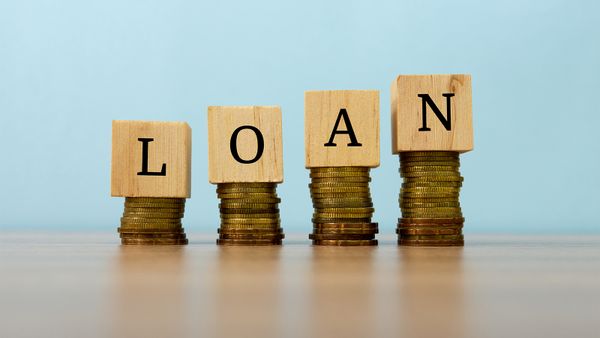
If you're eager to put in a new bathroom, replace your battered hardwood living room floor or build an addition on the back of your house so that your kids can have their own bedrooms, you're not alone. Americans spend more than $400 billion a year on renovating and repairing their houses, according to the Joint Center for Housing Studies at Harvard University.
But after you've figured out what you want to do, found the right contractor, and negotiated a price, the big question is: How do you come up with the bucks to pay for the upgrades or repairs that you want to do, if you haven't saved up the cash?
Advertisement
One option is using a personal loan — an installment loan, usually unsecured, from a bank or another financial institution, which can be used for almost any purpose you choose. According to research by LendingTree, an online loan marketplace, 7.7 percent of the consumers who obtained personal loans through the website in 2018 used them to make home improvements. The average loan was $12,384.
But is a personal loan the best choice for fixing up your house? Experts say that can depend upon a number of factors, including the type of renovation and the anticipated cost.
According to Consumer Reports, there are several other good options for financing home improvements:
- A home equity loan. This is a second mortgage on your home, which gives you a lump sum to work with.
- A home equity line of credit, also known as a HELOC. It's essentially a credit card backed by your home as collateral, which allows you to charge payments for one or more renovation projects as you need the money.
- A contractor loan. The company doing your renovations may offer to provide you with a loan, through a third party such as a finance company.
- Charge it on a credit card. If you've got excellent credit, the limit on your card may be $11,000 or higher, according to The Balance. That might be enough to pay for a small renovation project. Some homeowners put renovations on a new card with zero percent introductory rate, which gives them an opportunity to pay off much or all of the balance before the principal starts accumulating interest charges.
Advertisement


